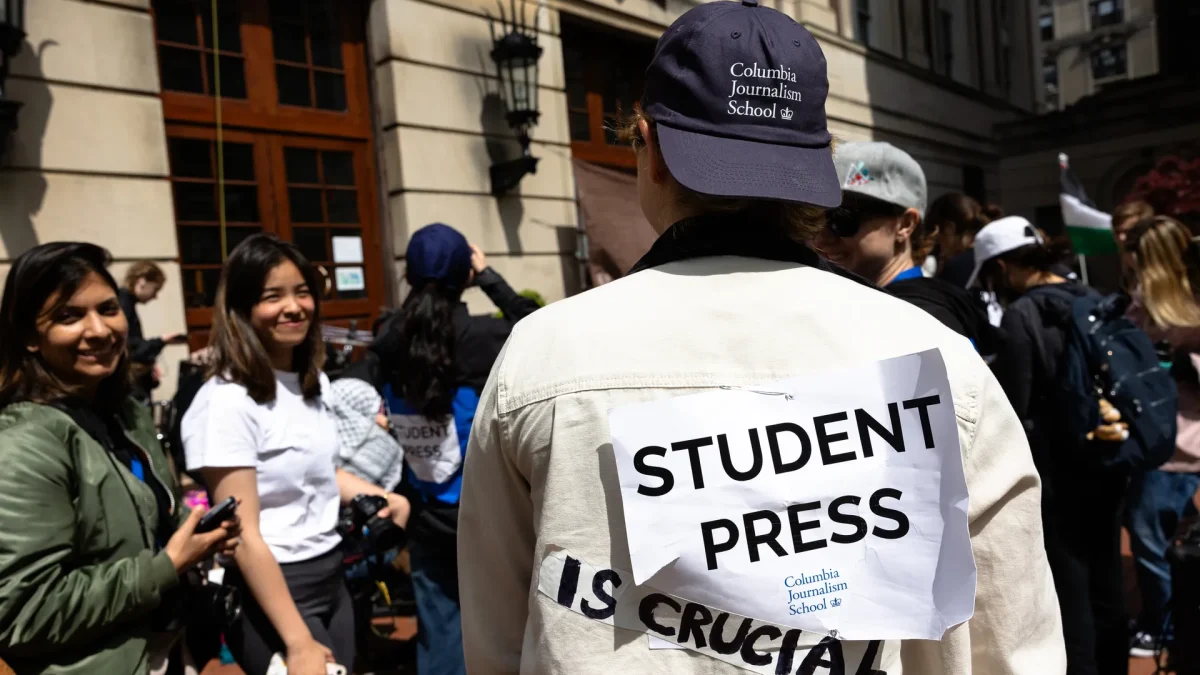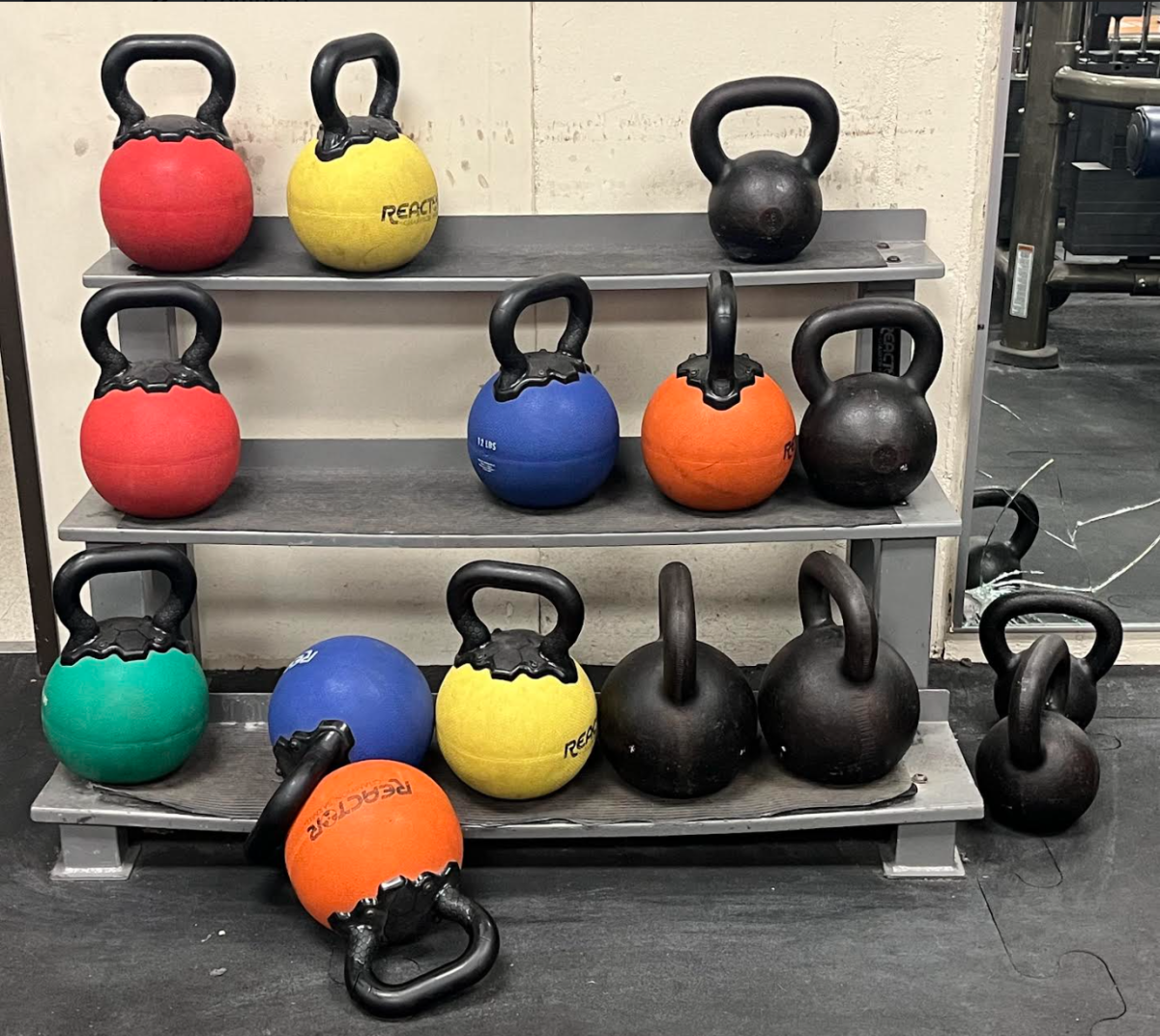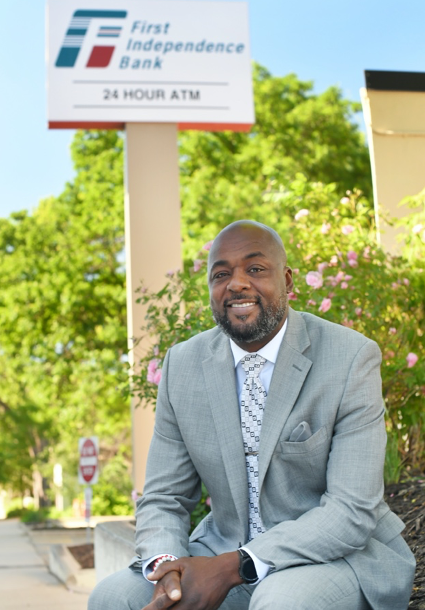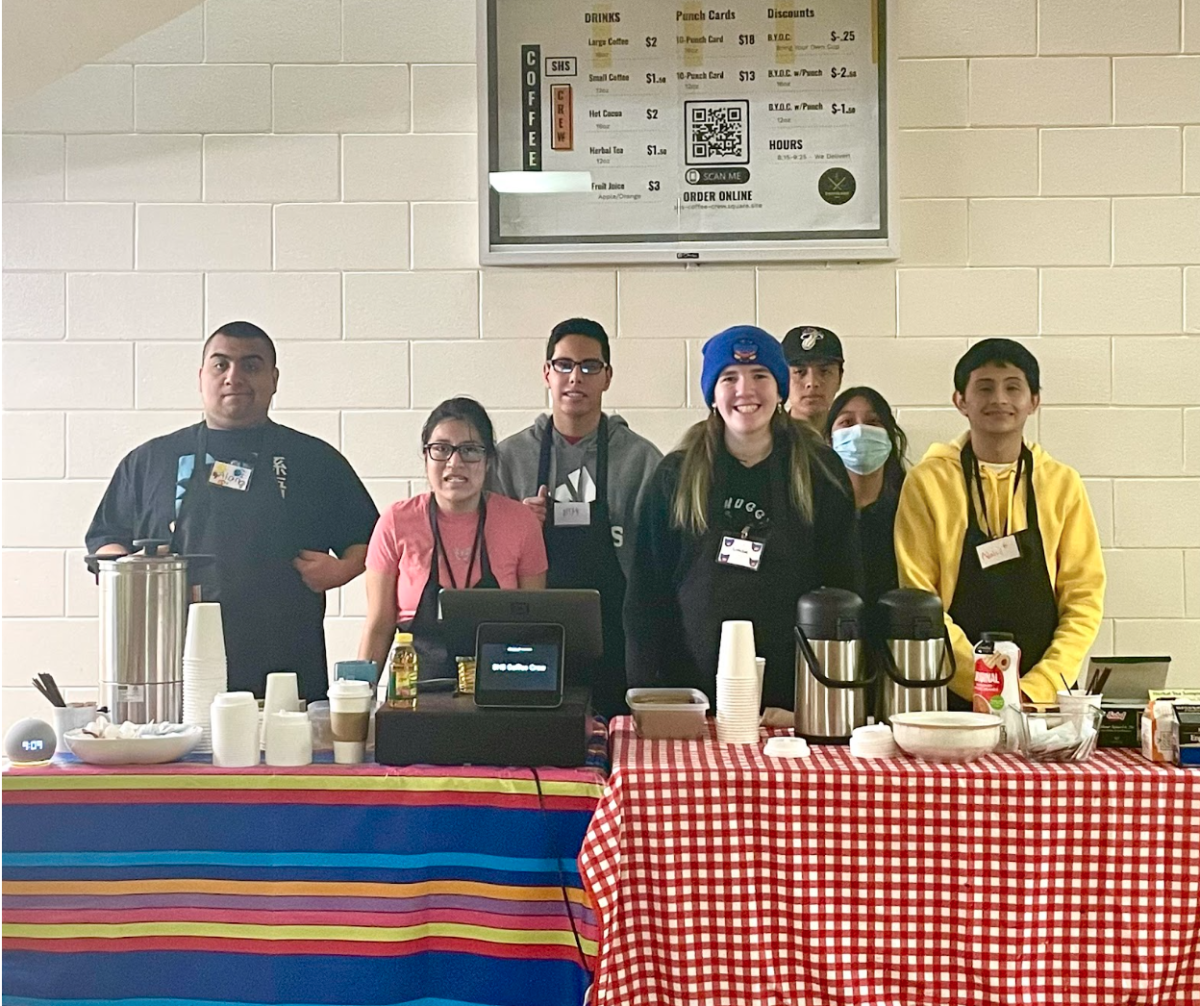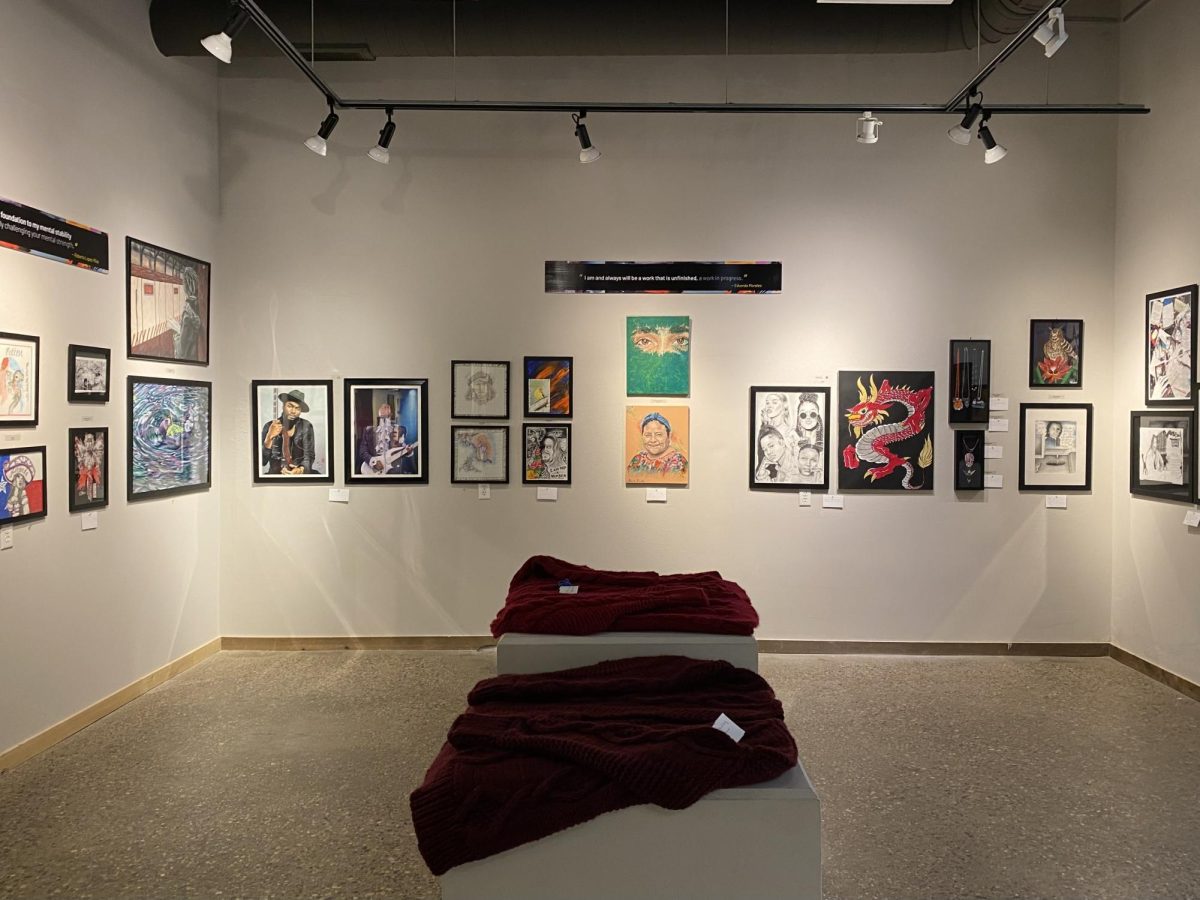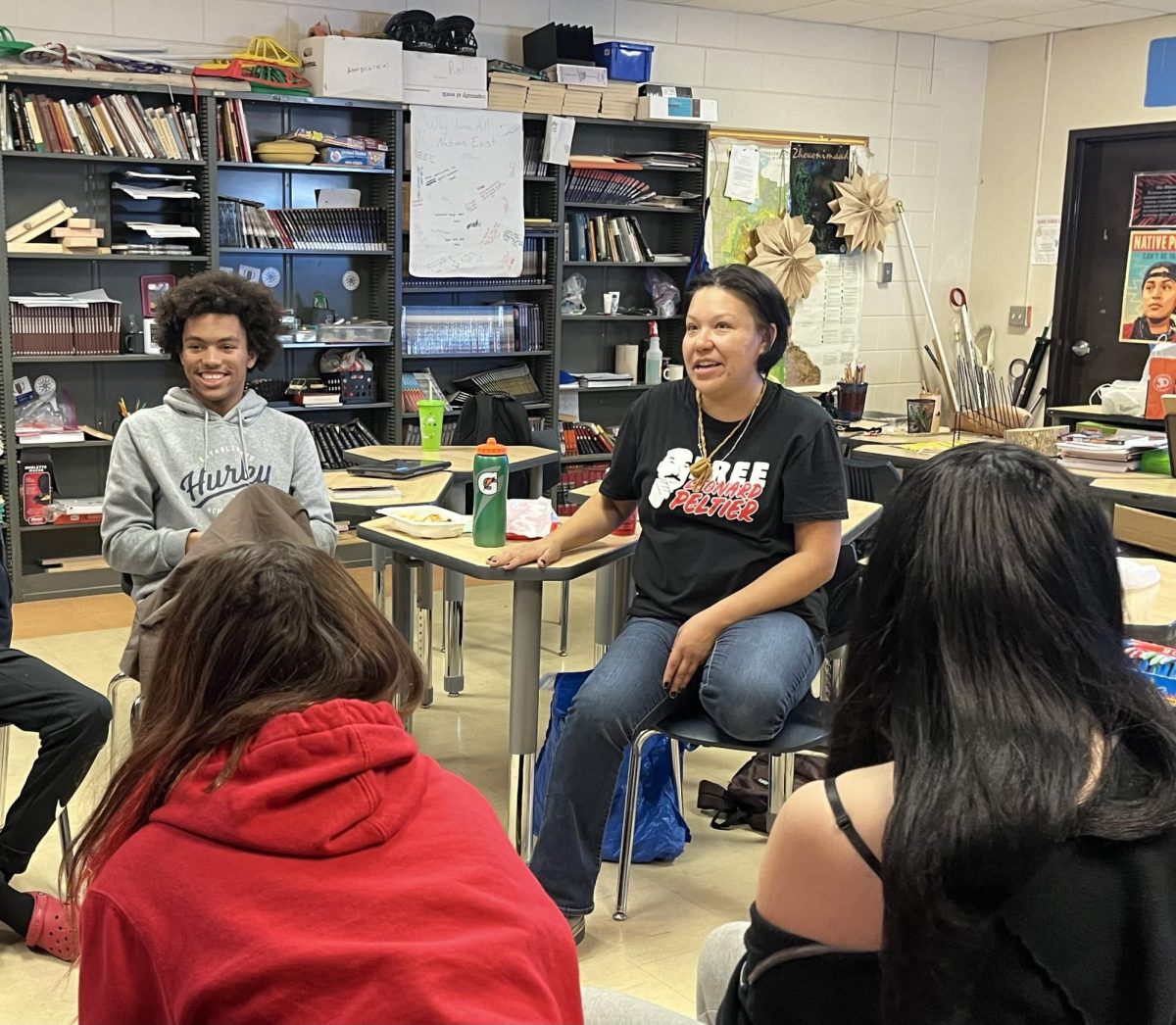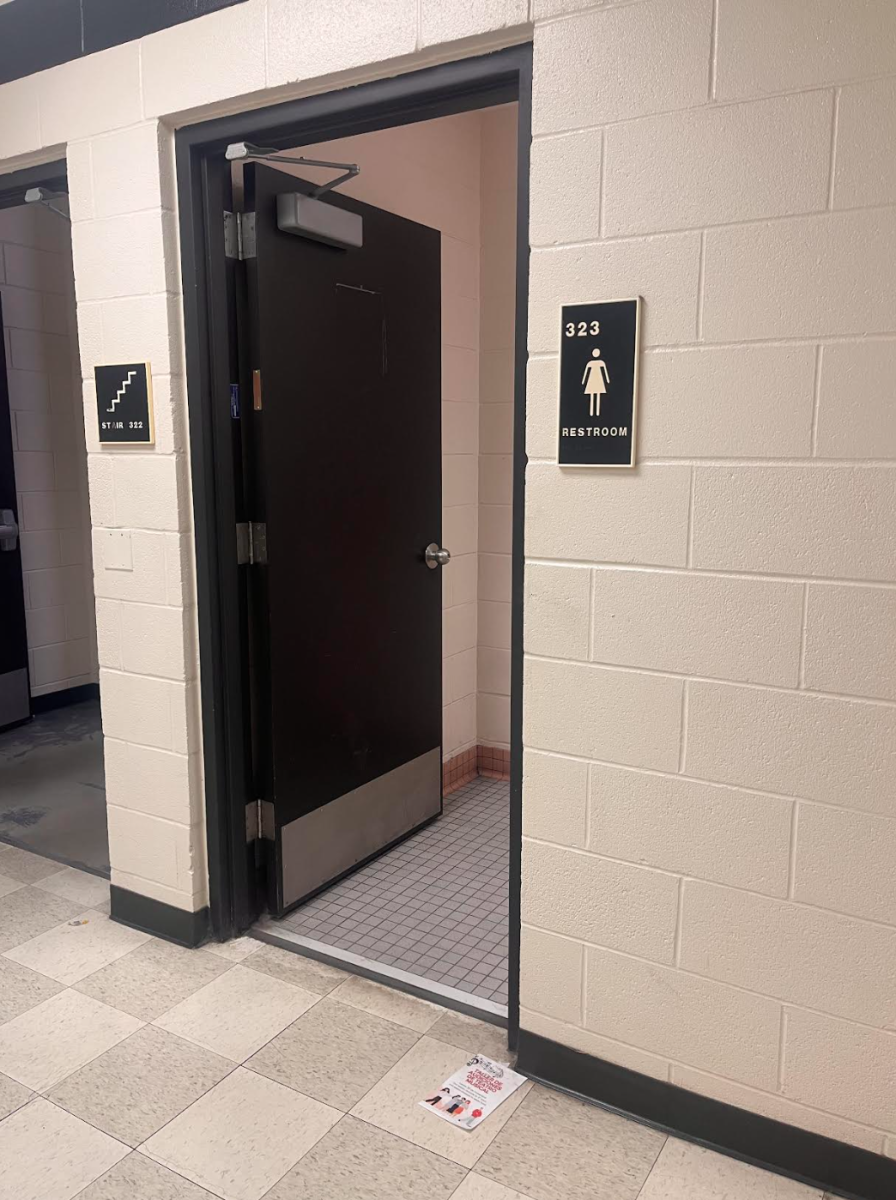Physical activity should be part of everybody’s daily routine, but for many it isn’t. Affordable forms of exercise during Minnesota’s winter is made difficult due to shorter days, snow, ice, cold temperatures, and struggles with mental health. Gyms are expensive and at home workout equipment is costly, not to mention, some of the only outdoor sports options are skiing and snowboarding, two very expensive hobbies. This leaves many with no outlet for physical activity.
South High students are fortunate to be so close in proximity to the Midtown YWCA. However, even though it is only a two minute walk from school, many students are unable to take advantage of this. Gyms are expensive, and outdoor exercise becomes inaccessible for a lot of the year with Minnesota’s heavy snow and intense cold. A single youth membership at the YWCA is $45 per month, which is out of budget for a ton of students. Planet Fitness offers a free summertime pass for high school students, but it only extends through May to August, leaving young people without an accessible exercise outlet in the cold months when they need it most.
Exercise is not only good for your body, but your brain too. Physical activity causes serotonin and endorphins to release in the brain which improves mood, regulates sleep patterns, and lowers stress; all things many teens today struggle with. For teens struggling with their mental health, being able to go to the gym a few times a week can totally transform their mindspace. In Minnesota’s many cold months, the freezing temperatures and icy sidewalks outside don’t provide much of a safe running and exercise environment. Along with this, the sun goes down earlier lowering the temperatures even more, which makes it hard to see ice, and makes it more dangerous to go out. In addition to these issues, seasonal depression takes away many people’s motivation to work out at home. Some people are privileged to own expensive at-home equipment like treadmills or weights, but many are not that fortunate. Exercise is inaccessible when young people need it most.
Here at South, there are options for students who need physical exercise. South has great workout equipment, knowledgeable gym teachers, and a number of sports teams. Afterschool, the weight room is open and supervised by Alex Endeshaw, South’s restorative advocate lead. Students are welcome to lift weights and workout from 3:15-4:30, Monday through Thursday. Endeshaw says it was never his intention to be the one in charge but he has a great impact on youth and people wanted him to be the one supervising and connecting with students. An “overwhelming majority” of students who attend the weight room afterschool do not have access to expensive gyms so access to an exercise outlet is extremely beneficial to students. “Exerting energy physically is a great way to cope,” Endeshaw says. Endorphins, intrinsic motivation, and delayed gratification are all benefits of exercise that meet physical and mental needs.
Although this is a great option for many students, Endeshaw admits that the weight room atmosphere can be “hyper masculine.” Some students get hung up on unrealistic workout regimens, normalized on social media creating a competitive and unwelcoming environment. “We could do better about helping people better understand the difference between what people are seeing online and real working out and physical activity,” Endeshaw says. Students’ expectations of themselves based on social media culture is unhealthy, it sets up an unreal presumption that can lead to unsafe practices and unhealthy treatment of the body. “Gym teachers here have great weight lifting curriculum that teaches you life skills,” Endeshaw says, “it would be amazing to make it more of a program.” If South were to implement some of the gym teacher’s curriculum to teach safe and healthy workouts, it could be really helpful to students who are interested.
South senior Ina Gomez Kubes has found a way to attain a free YWCA membership through her work with Youth in Action. This program works with LGBTQ+ and BIPOC students, as well as students with disabilities. Every two weeks they hold a meeting, discussing issues within the community, and work on finding solutions to these problems. The program is run through the YWCA so participants are given a free membership. Gomez Kubes heard about Youth in Action earlier this year from posters around South. Right now, the participants are still working on finding a focus for their project. While this is an incredible opportunity, it’s also a great example of the lengths people have to go just to have access to something necessary to their health.
Exercise is vital to everyone’s physical and mental health, and during the Minnesota winter, there is a huge lack of affordable resources. Gyms are expensive, and so is workout equipment. Also, with mental health affecting people’s motivation, lack of exercise becomes an even bigger issue. In Minnesota especially, there needs to be more accessible and affordable work out options available to everybody. Physical activity is an essential part of people’s lives and there is no reason why so many are unable to access it.

